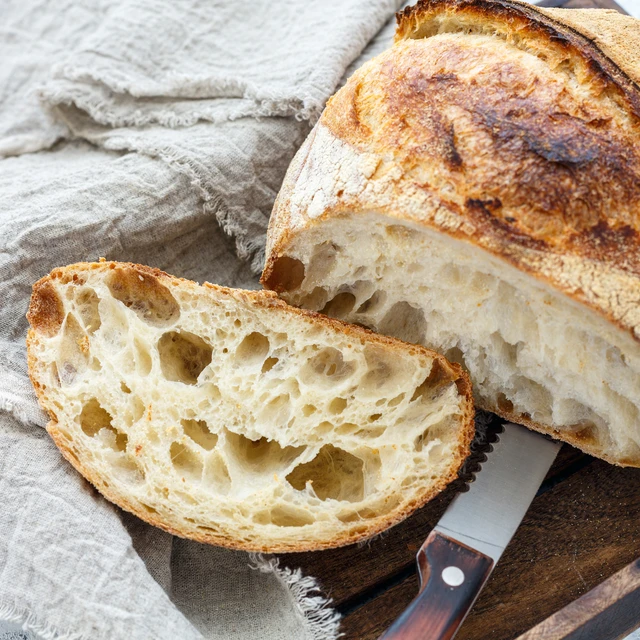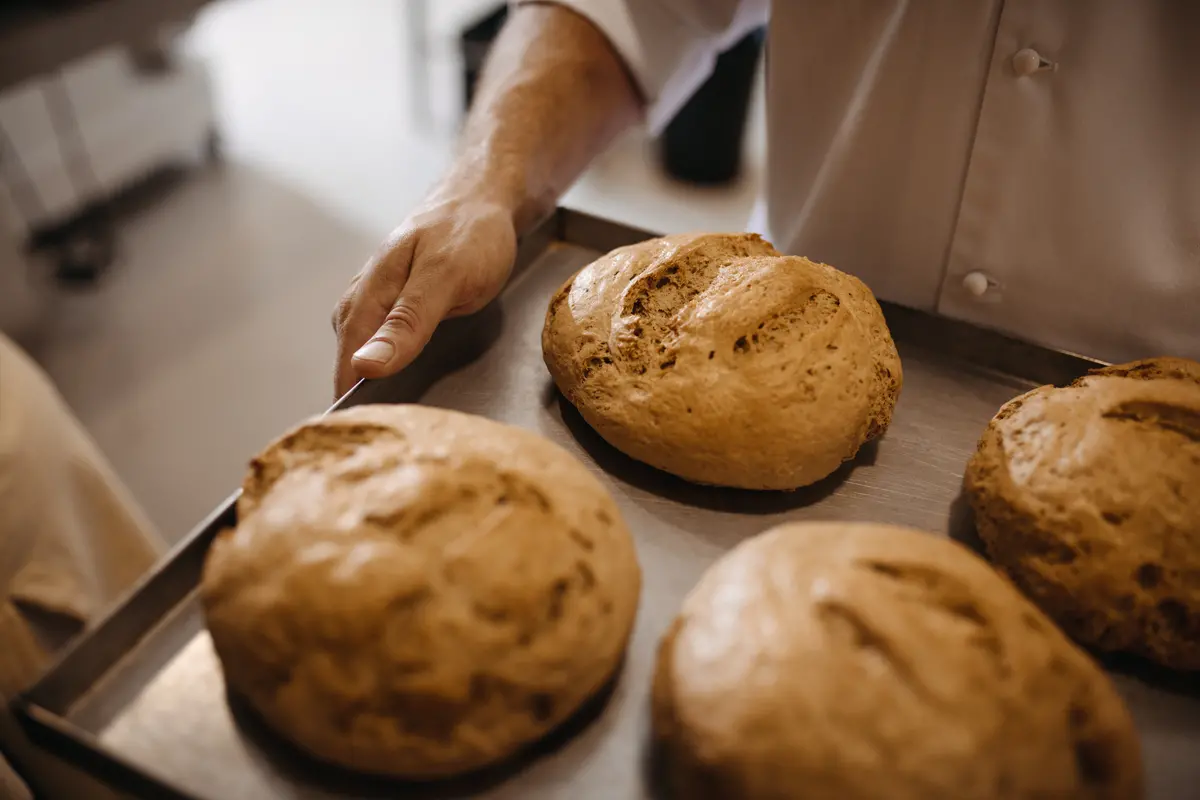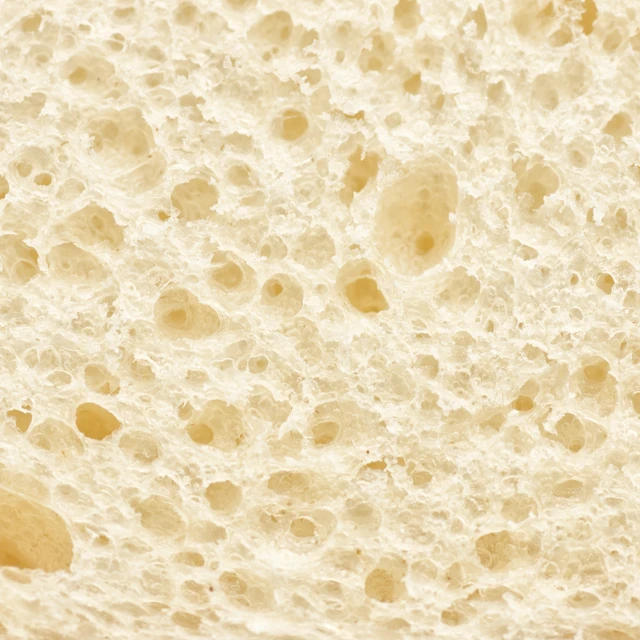The role of enzymes in bread making
Enzymes are proteins found throughout nature. When one substance needs to be transformed into another, nature uses enzymes to speed up and control the process. This is catalysis, so enzymes are catalysts. Enzymes are also highly specific. Each one has a specific function; to break down a specific substance. This substance is the enzyme’s substrate. So the role of each type of enzyme in bread making depends on which substrate it works on. Amylases, for example, work on starch. They’re one of the most widely used enzymes in bread making.



